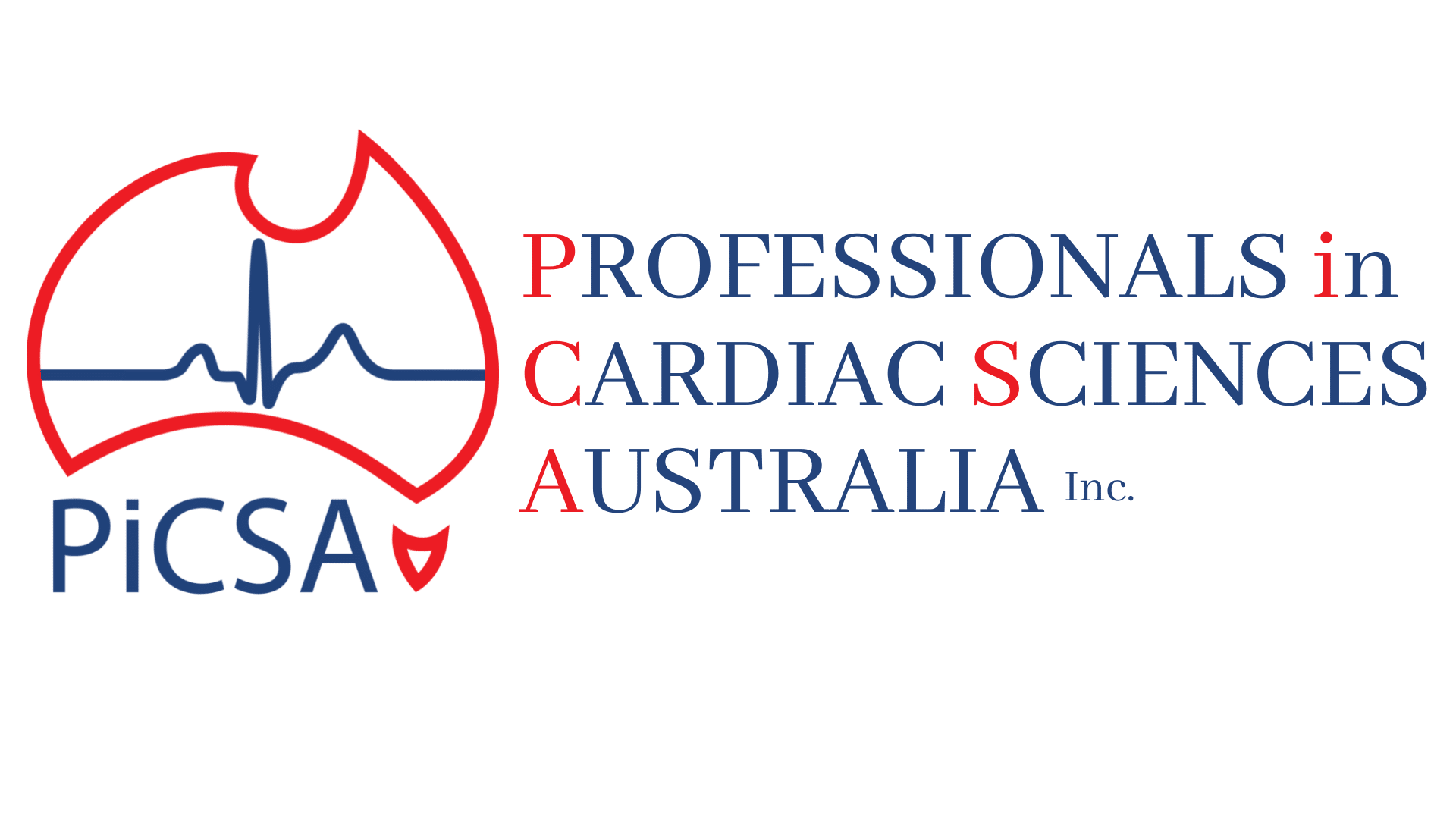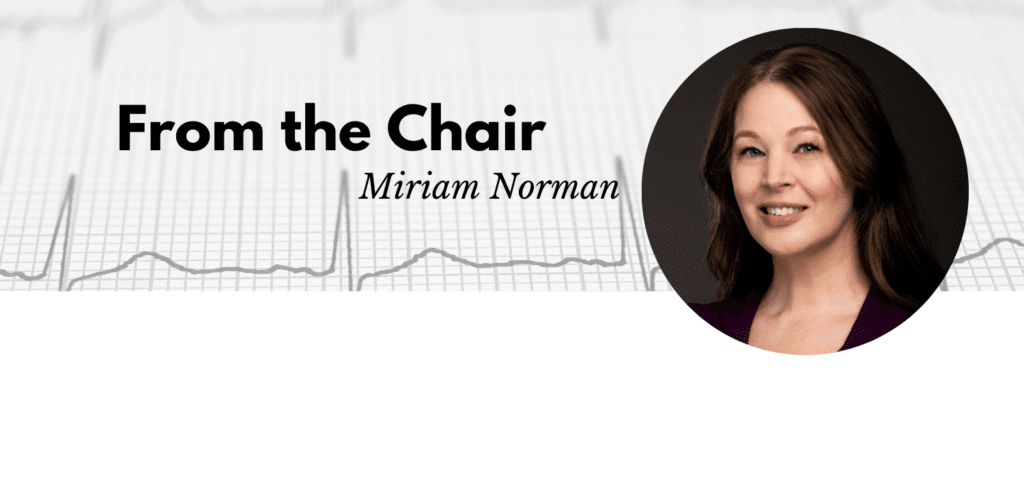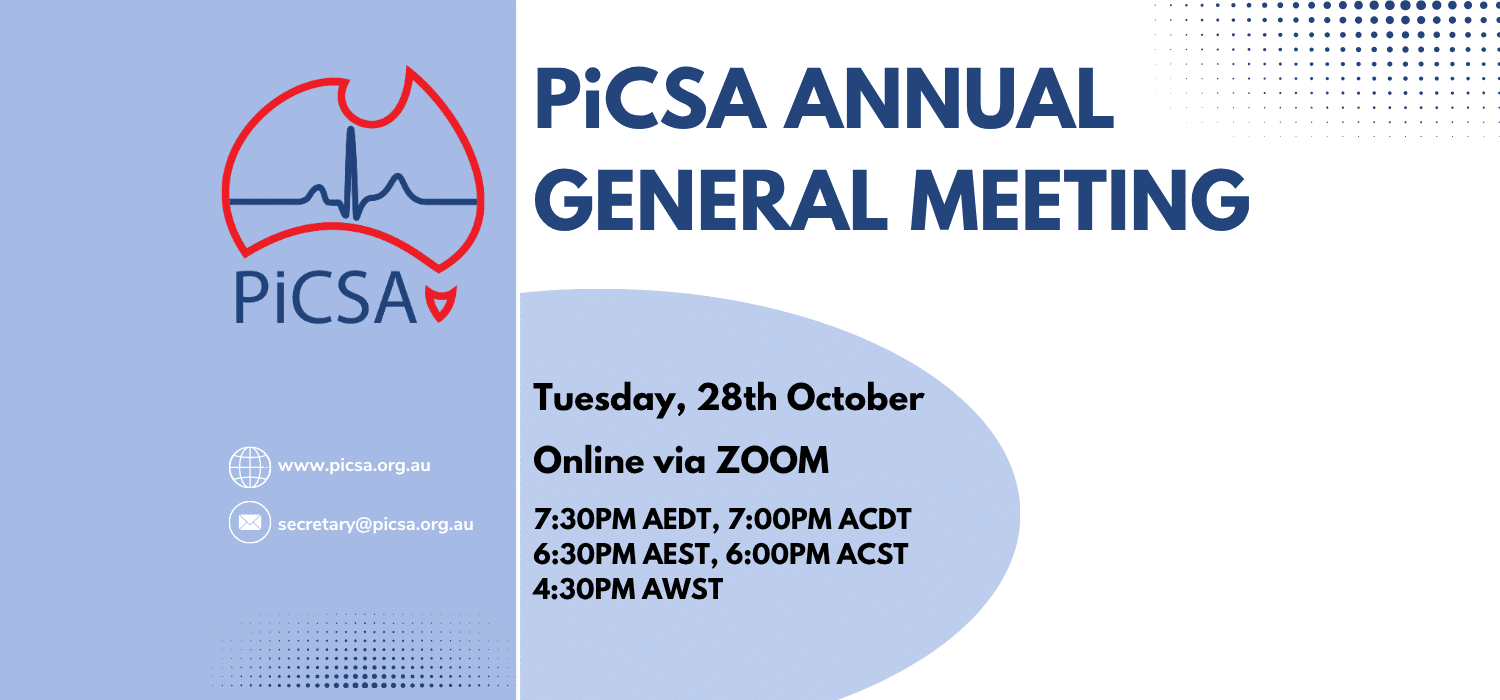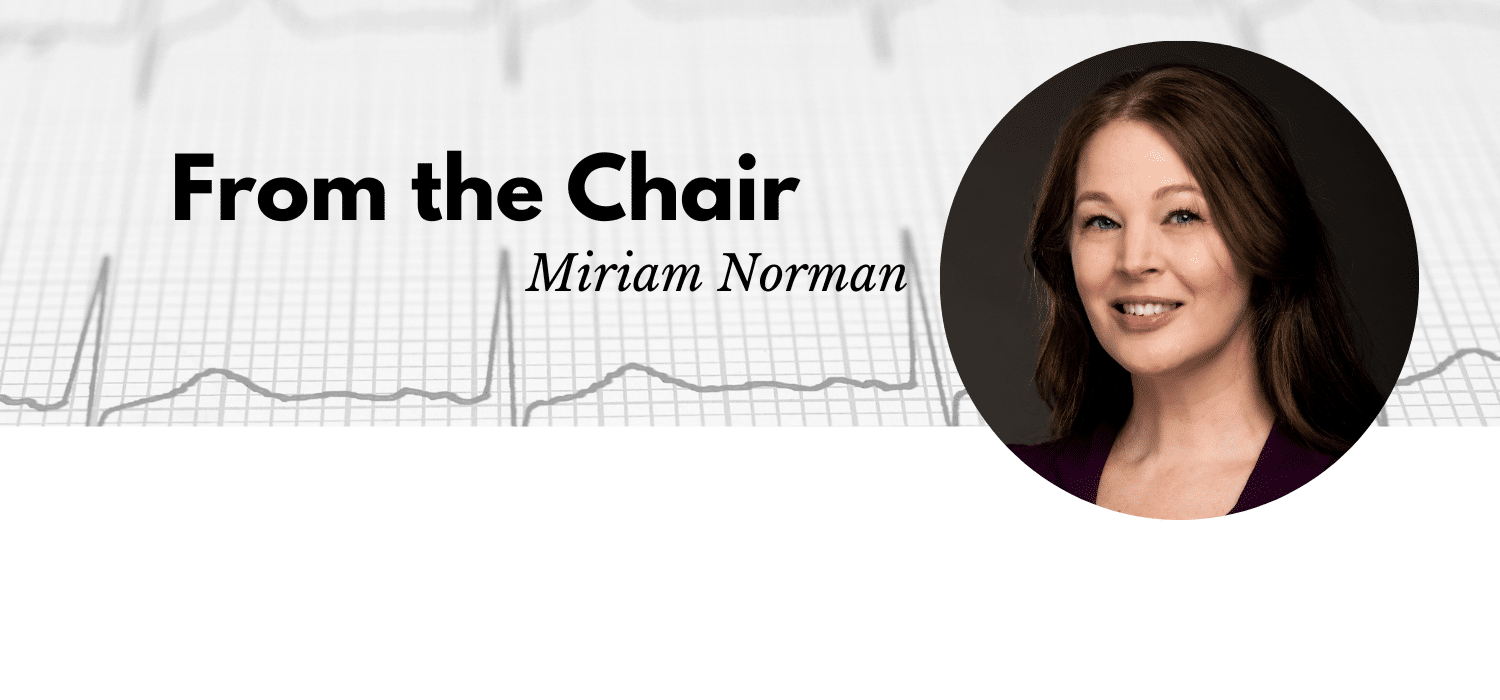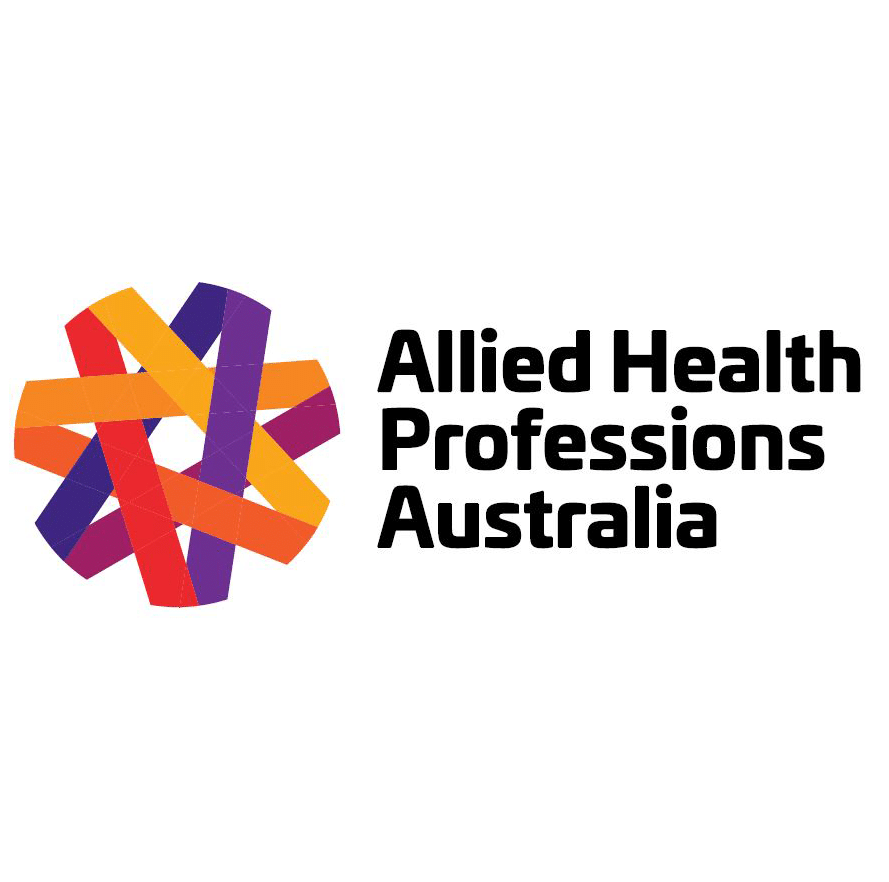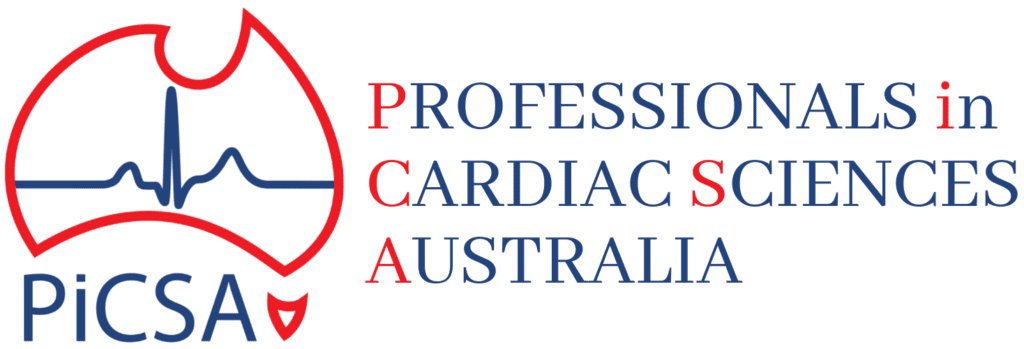Do You Have a Licence for That?
Why Unregulated Practice in Diagnostic and Therapeutic Sciences Puts Lives at Risk
The recent ABC News report on “souvenir” ultrasound clinics has rightly sparked public concern (ABC News, 29 May 2025)1. These non-diagnostic imaging services are being performed by individuals with no accredited training, no registration, and no oversight-often leaving patients misinformed or falsely reassured.
How does this affect cardiac care?
Whilst rogue non-medical “souvenir” scans are less likely in cardiology, that doesn’t mean cardiac imaging is always performed by fully credentialed professionals, or that those professionals are sufficiently regulated.
Limited cardiac ultrasound studies are often performed at the bedside by non-sonographer health professionals when a legitimate, time-sensitive clinical question arises. This practice (known as point-of-care ultrasound, or PoCUS) has a valuable role in acute care and is distinct from the comprehensive, diagnostic studies performed by accredited sonographers. PoCUS users may not have advanced scanning expertise, but patients can be reassured that they are AHPRA-registered clinicians such as doctors.
By contrast, accredited echo physiologists (cardiac sonographers) have advanced scanning expertise—but are not part of AHPRA’s national registration system. Instead of AHPRA, they are listed with the Australian Sonographer Accreditation Registry (ASAR), and unfortunately, as the ABC report highlights, ASAR lacks the regulatory authority to investigate unsafe practice or respond to professional misconduct.
In Cardiology, the problem runs deeper.
Cardiac ultrasound is not only a subset of the sonography workforce-it is also a core part of the broader cardiac physiology profession, where further regulatory gaps exist.
In Australia, as in the UK, cardiac physiologists span five key modalities:
- ECG/Non-invasive diagnostics (e.g., 12-lead ECG, Holter monitoring, blood pressure testing, stress and tilt studies)
- Catheterisation laboratory (Cath Lab)
- Echocardiography (echo physiology/cardiac ultrasound/cardiac sonography)
- Cardiac Devices (e.g., pacemakers and defibrillators)
- Electrophysiology (EP)
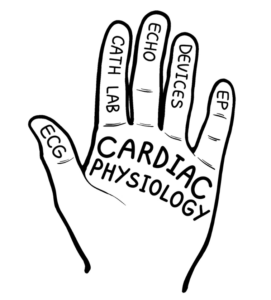
Despite their critical role in the diagnosis and treatment of heart disease, and often working across multiple modalities, cardiac physiologists are only required to be registered if they perform echocardiography—leaving the other 4 modalities effectively unregulated within an under-resourced voluntary framework.
As alarming as unqualified scanning may be, what’s more dangerous is that the person who programs your pacemaker is not legally required to have any formal training, oversight, or credentialing. While echocardiography is diagnostic, three of the other five cardiac physiology modalities are therapeutic. A poorly performed ultrasound may delay a diagnosis. A poorly programmed pacemaker can sabotage a battery—or end a life.
Key questions:
- Why does Medicare require registration for cardiac ultrasound but not for other cardiac physiology specialties?
- Why is even the ultrasound regulatory body inadequately powered?
It’s time for national workforce planning and government-mandated regulation. Whether using an ultrasound probe or pacemaker programmer, no one should operate critical diagnostic or therapeutic tools without proper training, oversight, and accountability.
Check if your Cardiac Physiologist is Registered:
- ASAR – www.asar.com.au (cardiac sonographers / echo physiologists)
- ACCP – www.theaccp.org.au (cardiac physiologists in ECG/non-invasive diagnostics, Cath Lab, cardiac devices and/or EP)
What PiCSA Is Doing to Support the Workforce:
PiCSA is committed to ensuring that all Australian cardiac physiologists are subject to effective, enforceable regulation.
We welcome progress in the regulation of the echo modality: The inclusion of cardiac sonographers/echo physiologists under ASAR has greatly improved patient safety and strengthened the case for broader sonographer regulation. However, ASAR is insufficiently powered, and has created a growing gap—electrophysiology, cardiac devices, Cath Lab, and non-invasive diagnostics are lagging behind.
With no support from AHPRA, and noting similar gaps affecting other clinical sciences, PiCSA helped found the Australian Council for Clinical Physiologists (ACCP) to close the gap. Though still developing and not yet Medicare-recognised, the ACCP is an important step toward patient protection.
Our long-term goal is mandatory, federally backed registration across all five cardiac physiology modalities—supported by enforceable standards, continuing practice requirements, and a centralised complaints process.
PiCSA is working to:
- Advocate for national recognition and registration of all cardiac physiologists
- Develop and publish scope of practice and competency standards for each modality
- Build a professional community through education, mentoring, and leadership development
- Partner with other science-based allied health professions to support safe, accountable care
- Push for reforms including recency-of-practice requirements, complaints mechanisms, and regulatory enforcement
We believe every cardiac physiologist should be qualified, accountable, and recognised by both patients and employers. And the system should support practitioners who carry multidisciplinary skills2. A more unified registration system would better reflect the way many practitioners work today. Aligning regulation across specialties would help support safe, coordinated care and a more flexible workforce.
To the Australian Government: We welcome the Federal Government’s review of allied health regulation, as mentioned in the ABC report. The current system—where some cardiac physiologists require registration and others do not, purely based on modality—is untenable. We urge the review to include all diagnostic and therapeutic scientists whose work impacts patient safety. PiCSA stands ready to contribute solutions: national frameworks, registry models, and a vision for enforceable, profession-wide standards.
To the current workforce: Now is the time to show leadership. Be visible. Be accountable. Join PiCSA, support the existing registries, and advocate for stronger regulation.
Help us build a safer, more respected cardiac workforce.
Sincerely,
Miriam Norman
References:
1. Mark Butler investigating ‘souvenir’ ultrasound clinics targeting pregnant women. ABC News. 29 May 2025. Available at: https://www.abc.net.au/news/2025-05-29/mark-butler-investigation-into-ultrasound-clinics/105354462
2. Australian Guidelines for Entry and Practice in the Field of Cardiac Physiology (Adult and Paediatric). Professionals in Cardiac Sciences Australia (PiCSA). August 2024. Available at: https://picsa.org.au/wp-content/uploads/2024/09/Career-Pathway-Position-Statement-2024-2.1-August-2024.pdf
